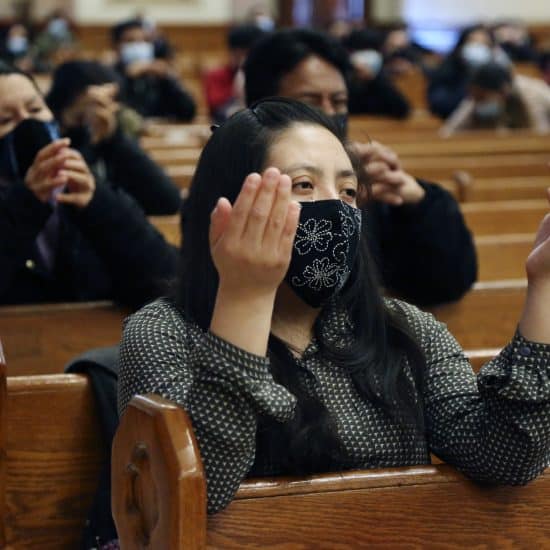ASHEVILLE, N.C. (ABP) — A dangerous thrill-seeking practice commonly called "the choking game" is claiming hundreds of teenage lives as it crosses the line from dangerous to deadly.
No one knows how many children die from practicing this "game," which goes by many other names such as tingling, pass out, suffocation roulette, funky choken, airplaning, blackout and rising sun, because there is no subcode for it on death certificates. Accidental deaths from the choking game often are ruled suicide. Statistics, such as they are, come from media reports and the shared sorrows of suddenly bereft parents who find each other.
The choking game restricts oxygen by strangulation, either self-administered or by another participant, until the player passes out. As the player regains consciousness he or she experiences a dizzying "high."
The dangerous game can go horribly wrong as it did for 12-year-old Connor Galloway Oct. 18, 2007. His mother, Michele, found him hanging by a belt from his loft bed, his feet dangling a quarter-inch from the floor.
As soon as the Galloways gained control of their grief, they created an organization they call Connor's Heart to alert parents, teachers, churches and young people of the game's widespread practice — and its danger. "Heart" stands for Help Eliminate Adolescent Risk Taking.
The Galloways, both teachers, spoke during a breakout session at the 2011 Cooperative Baptist Fellowship of North Carolina annual meeting in Asheville March 26.
The Galloways four-fold goal is to build an informed community; to educate people who will be "Connor's Coaches" to help young people sort through the flood of information and influences they must process every day; to make Connor's Heart a "respected, independent source of information;" and to find a way to track and connect committed and broken-hearted parents and others who are working for behavioral change.
They also are advocating for better funding for health education. On the annual youth risk behavior survey from the U.S. Centers for Disease Control, for instance, there is no question about the choking game or about prescription drugs.
The Galloways want to double their efforts to present to 2,000 students this year, to emphasize that "your decision making matters" and teach them how to make better decisions.
"There is no end to the conversation with kids about decision making … about the things out there that can affect their health, and their life," said Connor's father, Dale Galloway.
Connor Galloway was a typical choking game player, the Galloways learned, as police discovered many kids at his school who participated. He was not depressed, was a good student, active in church and an athlete, the kind of kid who demonstrated none of the typical behaviors of a troubled adolescent.
The Galloways — who have met grieved parents from all over the world whose children died similarly — said the choking game is almost a "good kid's way to experience what it's like to get high."
The omni-present video capability via cell phones or pocket sized cameras to film and post choking events to the Internet accelerates the practice, which has been transferred from a previous generation. One 50-year-old teaching assistant the Galloways met said she did it as a teenager.
"It became clear to us that if we were going to try to make something positive happen as a result of our son's death the only thing we could do is talk about it," Galloway said. He knows he is raising awareness, but is frustratingly uncertain if behavior change results.
Michele Galloway, who asked Connor about red marks around his neck just days before his death, said warning signs that a child may be participating in the choking game are bloodshot eyes, marks on the neck, frequent severe headaches, increased irritability or hostility, ropes, scarves or belts tied to bedroom furniture or doorknobs or knotted on the floor, or the presence of dog leashes, choke collars and bungee cords. Connor explained the red marks as irritations from his football pads.
The Galloways, members of Cullowhee Baptist Church, are willing to speak to any group. A DVD they've produced on the choking game and risk behaviors has been distributed more than 1,400 times. Their website is www.connorsheart.org
Connor died from the choking game, but his death could have come from any number of risky behaviors teenagers engage in, Galloway said. He said Connor's death was preventable but, "Until we know what drives the risk behavior, we're constantly behind on prevention."
-30-
Norman Jameson is reporting and coordinating special projects for ABP on an interim basis. He is former editor of the North Carolina Biblical Recorder.


